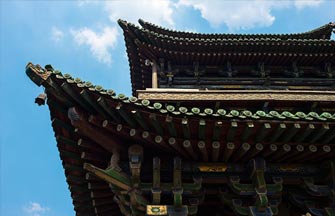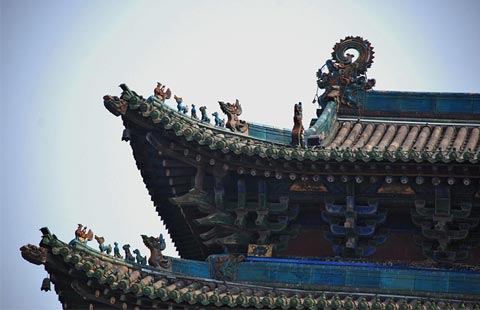Chinese chieftain heritage applies for world cultural heritage
( Chinaculture.org ) Updated: 2015-06-30 14:12:50
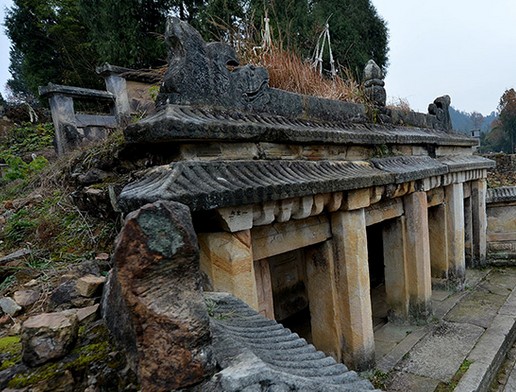 |
|
The chieftain grave in Tangya chieftain city relics in central China's Hubei province. [Photo/Xinhua] |
China's chieftain heritage sites, mainly concentrated in the mountainous areas of Hunan, Hubei and Guizhou in southeast China, will be considered by the 39th session of the World Heritage Committee, which opened in Bonn, Germany last Sunday, for a listing as world cultural heritage this week.
Experts say that the odds are in favor ofthe chieftain heritage relics to win major votes at the convention, as the relics are very popular within the archeological field in recent years, and the relics stand witness to the process of national integration in Chinese history.
Chieftains, also known as Tusi, were tribal leaders recognized as imperial officials by the government of the Yuan (1271-1368), Ming (1368-1644), and Qing (1644-1912) dynasties. The central governments back then made arrangements with local chieftains in order to rule the northwest and southwest frontiers and it proved a successful strategy.
"The chieftain could preserve their own military and rule accordingly, so long as they submit and pay tribute to the central government," said Wang Wei, head of the Institute of Archeology in the Chinese Academy of Social Sciences.
According to Wang, the system helped the central government rule parts of the country that werevery different from the central land though it later resulted in fights between the chieftains and had to be revised.
Liu Qingzhu, directorof the history department of the Chinese Academy of Social Sciences, said that the chieftain system serves as a historical reference for us to unite the people and rule the country in a multinational context.
As to why the chieftain heritage has edged out other Chinese cultural heritages, Wang said an important factor is that many of the relics are exposed above the earth, which makes them very likely to be damaged in the face of encroaching urbanization.
The relicsinclude chieftain city relics, chieftain military town sites, chieftain government building relics, manor relics, and graves, among other things.
|
|
|
|
|
|
|
|
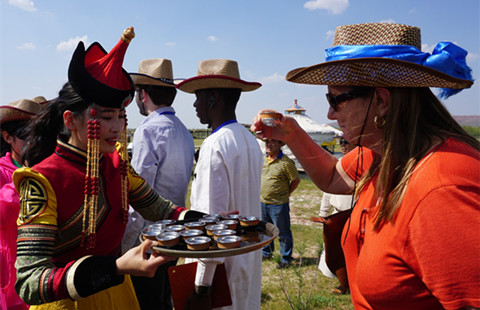




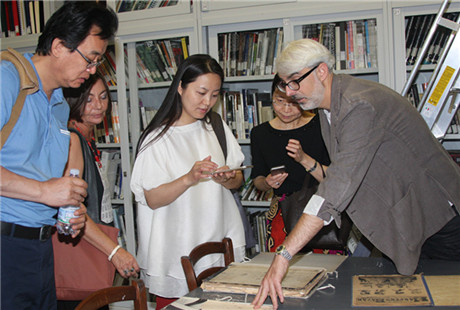
















 Raymond Zhou:
Raymond Zhou: Pauline D Loh:
Pauline D Loh: Hot Pot
Hot Pot Eco China
Eco China China Dream
China Dream China Face
China Face

